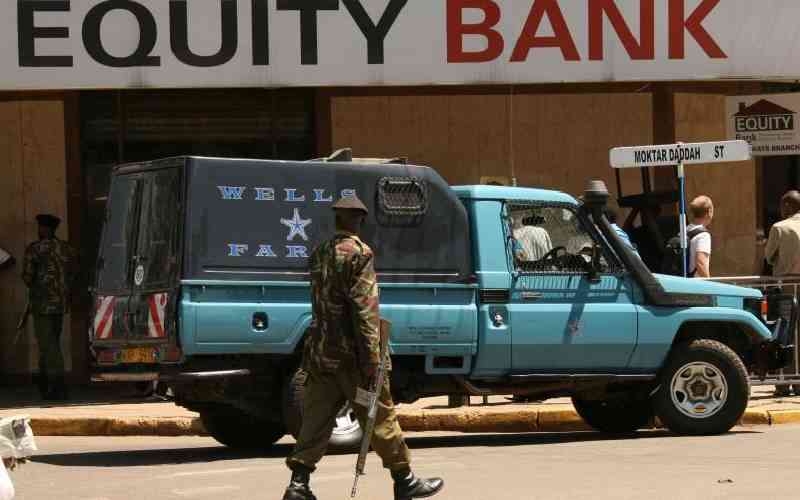×
The Standard e-Paper
Join Thousands Daily

Saving money is crucial towards achieving financial security and essential to personal financial planning.
The concept of banking dates back to 2000 BC in Assyria, India and later in the Greek and Roman Empires, evolving through time to the present-day financial systems. The concept has been built around lending to traders, borrowing and deposit-taking. Hence money not intended for immediate use was stored in the bank for safekeeping and accountability.